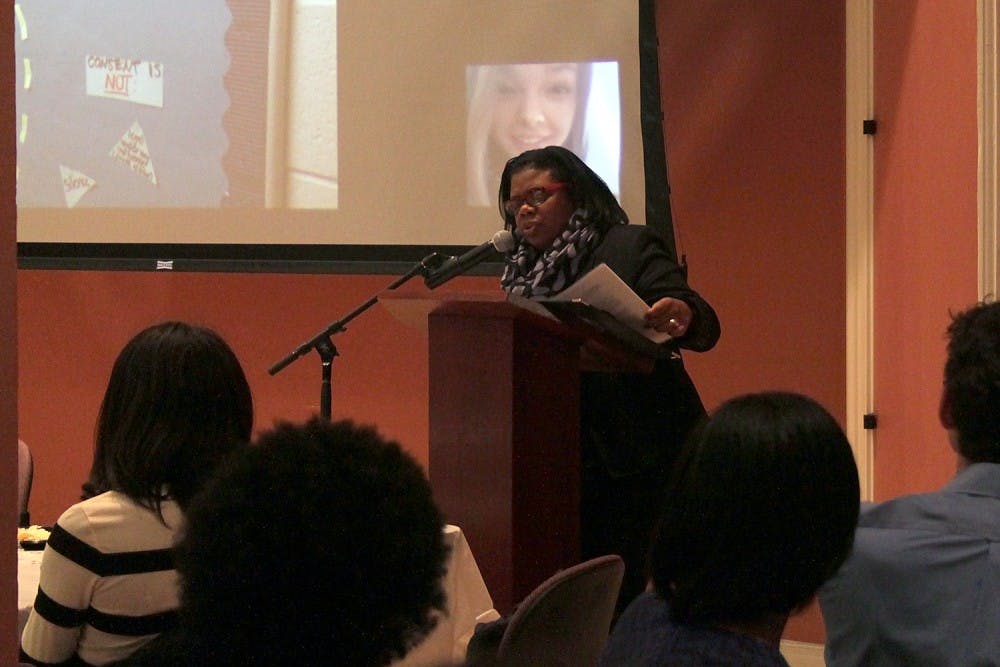For one weekend in February, 100 high school students from across North Carolina travel to UNC’s campus to participate in the Catalyst Conference, a three-day event put on by UNC students to educate participants on various social justice issues.
The weekend is action-packed with small discussion groups, panels led by UNC students and various games and activities. Other events include a talent show and a surprise banquet the organization holds for its participants.
“Crossing the Line” is one of the most memorable activities for attendees. During the activity, students stand side-by-side on one side of a room. An announcer will call out a statement, which start out simple and delve into deeper issues over the course of the game. If this applies to a participant, they walk to the “yes” side of the room. If it does not, they stay on the “no” side. There are no “maybes.”
“It was not to isolate anybody or ostracize anybody,” said Ashley Clarke, a senior from Farmville Central High School in Pitt County. “It was there to help people find people that have the same problems as them, to let people know that they’re not alone and provide support for them throughout the whole conference.”
The conference also invites other UNC student groups to be a part of the discussion. Past invited groups include the Sexuality and Gender Alliance, Feminist Students United and the Student Environmental Action Coalition. The organizations that participate are selected to help moderators discuss a wide range of social justice topics.
“Nothing was too biased toward a certain social justice issue,” said Sarah Omwenga, a senior at Panther Creek High School. “We learned about queer, we learned about racial injustice, we learned about food insecurity. I liked how we were able to educate ourselves on a whole bunch of different topics and had the opportunity to go to a bunch of seminars that interested us.”
The final day of the conference is dedicated to reflection and how students can take the activities and information home with them.
“We spend a lot of time looking toward the future and figuring out how students can reflect on what they’ve learned and use it back in their communities, because that is the ultimate goal -- giving the students the tools that they need and empowering them to go back and make changes in their community,” said Hannah Dent, co-director of the 2018 Catalyst Conference.




